0 Likes
Mulberry Tea
4063 dilihat -
3 tahun yang lepas

Kg. Tudan is located inside the buffer zone of the Crocker Range Park, in Upper ...
Baca Seterusnya
Profil Pembentang
Dr. Fiffy Hanisdah Saikim, Senior Lecturer at Institute for Tropical Biology and Conservation, Universiti Malaysia ...
Baca Seterusnya
Kategori Program
Inovasi
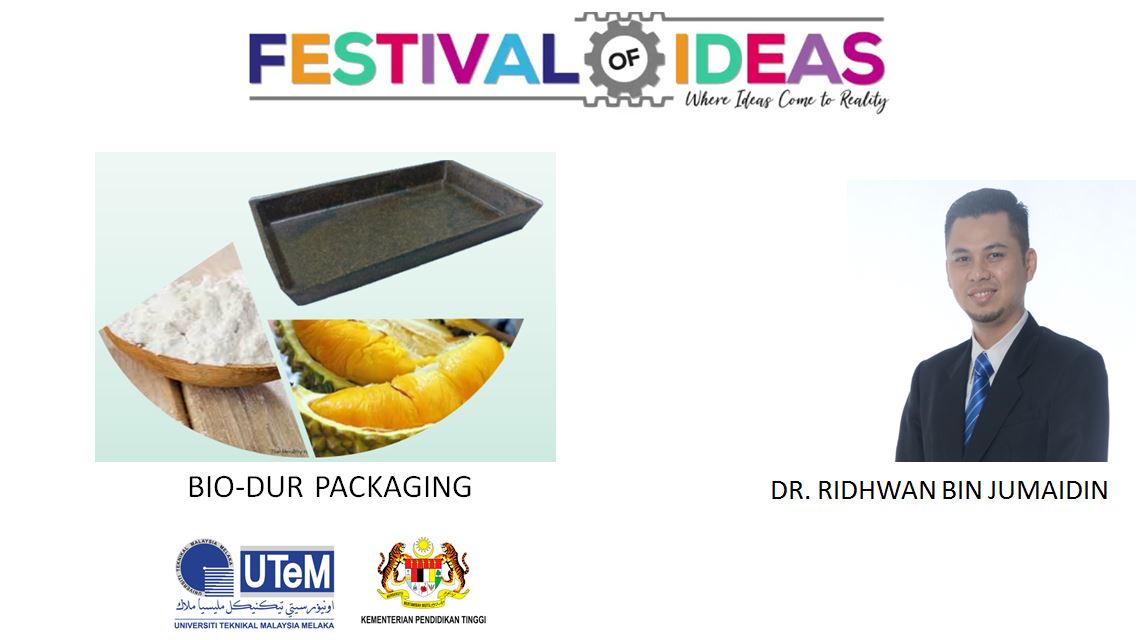
BIO-DUR PACKAGING
4820 dilihat -
3 tahun yang lepas
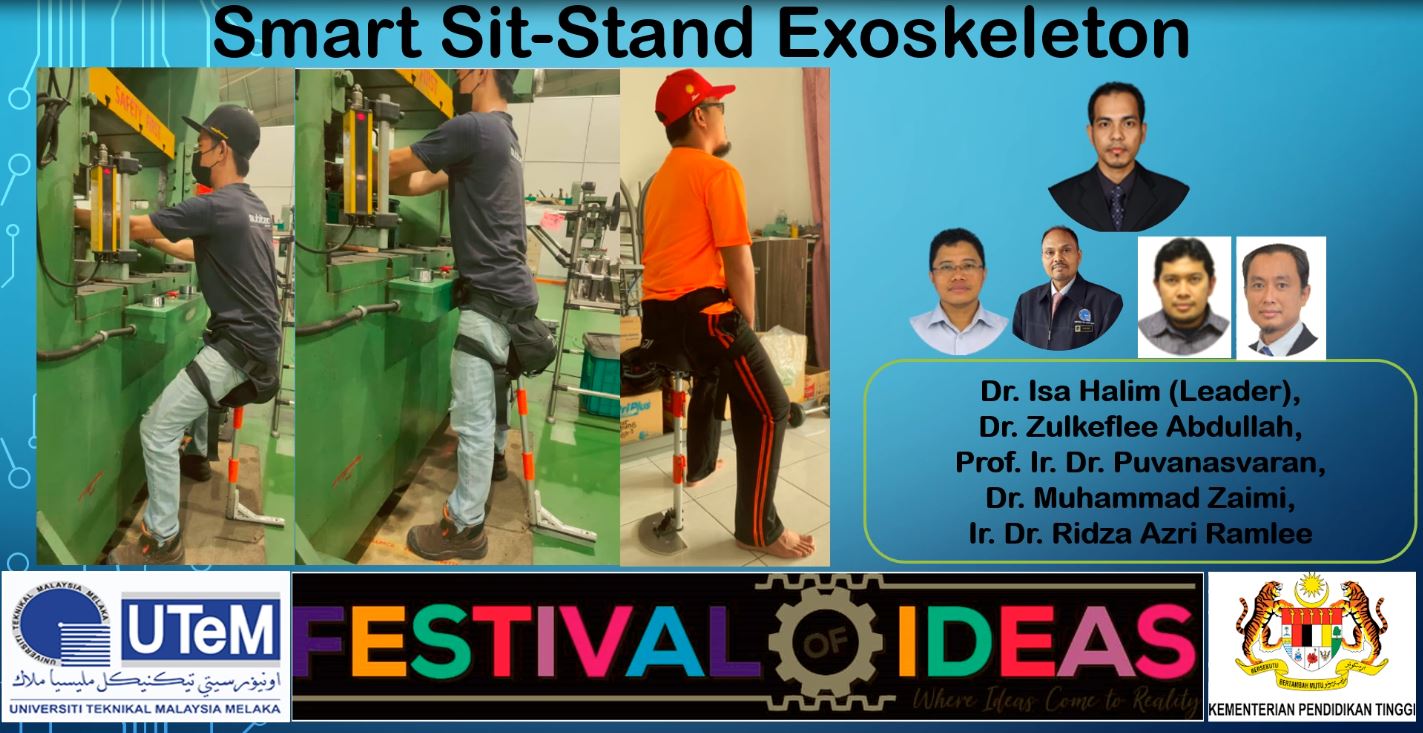
SMART SIT-STAND EXOSKELETON
5046 dilihat -
3 tahun yang lepas
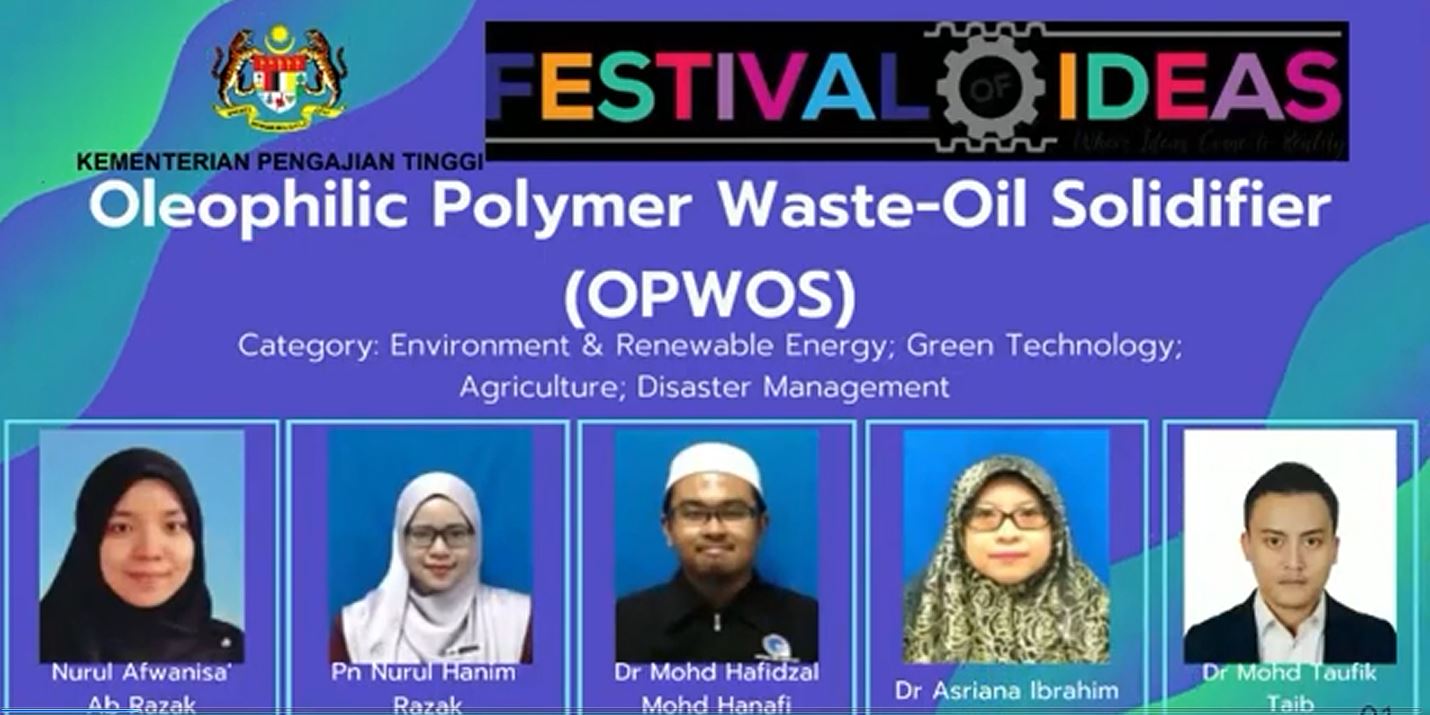
OLEOPHILIC POLYMER WASTE-OIL SOLIDIFIER (OPWOS)
4876 dilihat -
3 tahun yang lepas
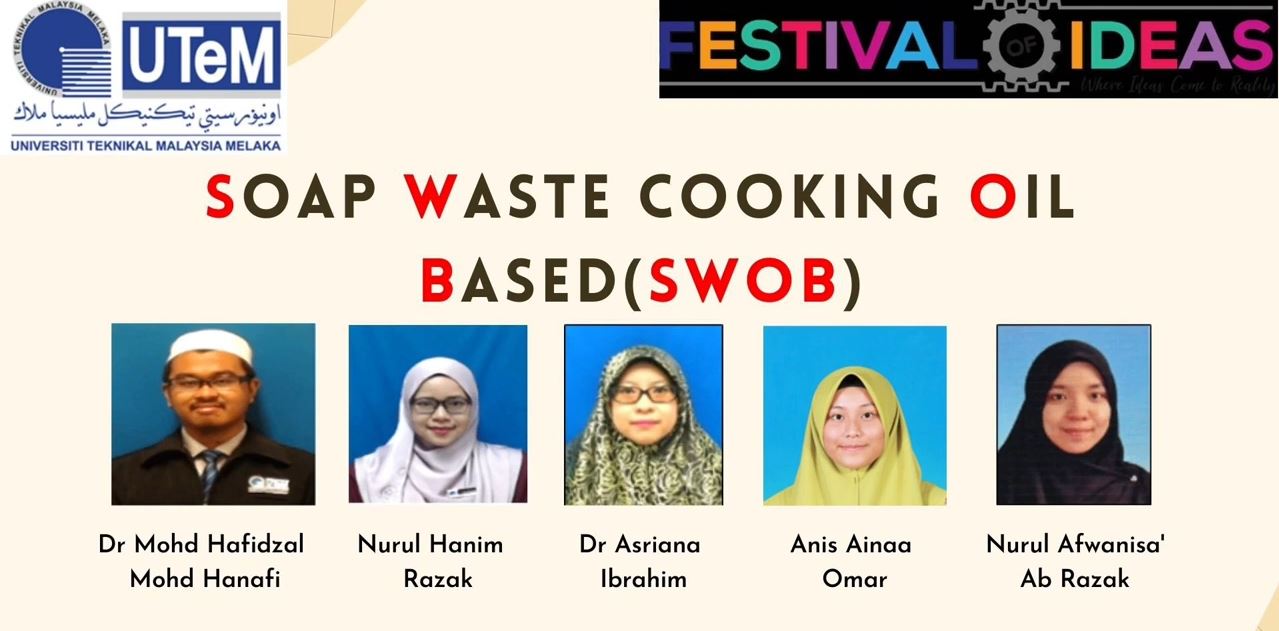
SOAP WASTE COOKING OIL BASED (SWOB)
4759 dilihat -
3 tahun yang lepas
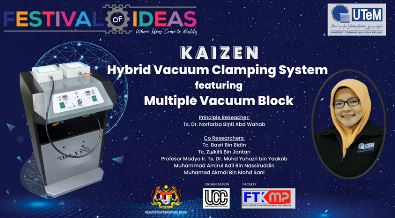
KAIZEN HYBRID VACUUM CLAMPING FEATURING MULTIPLE VACUUM BLOCK
4928 dilihat -
3 tahun yang lepas

SOLAR-BASED MELAKA RIVER CRUISE
4880 dilihat -
3 tahun yang lepas
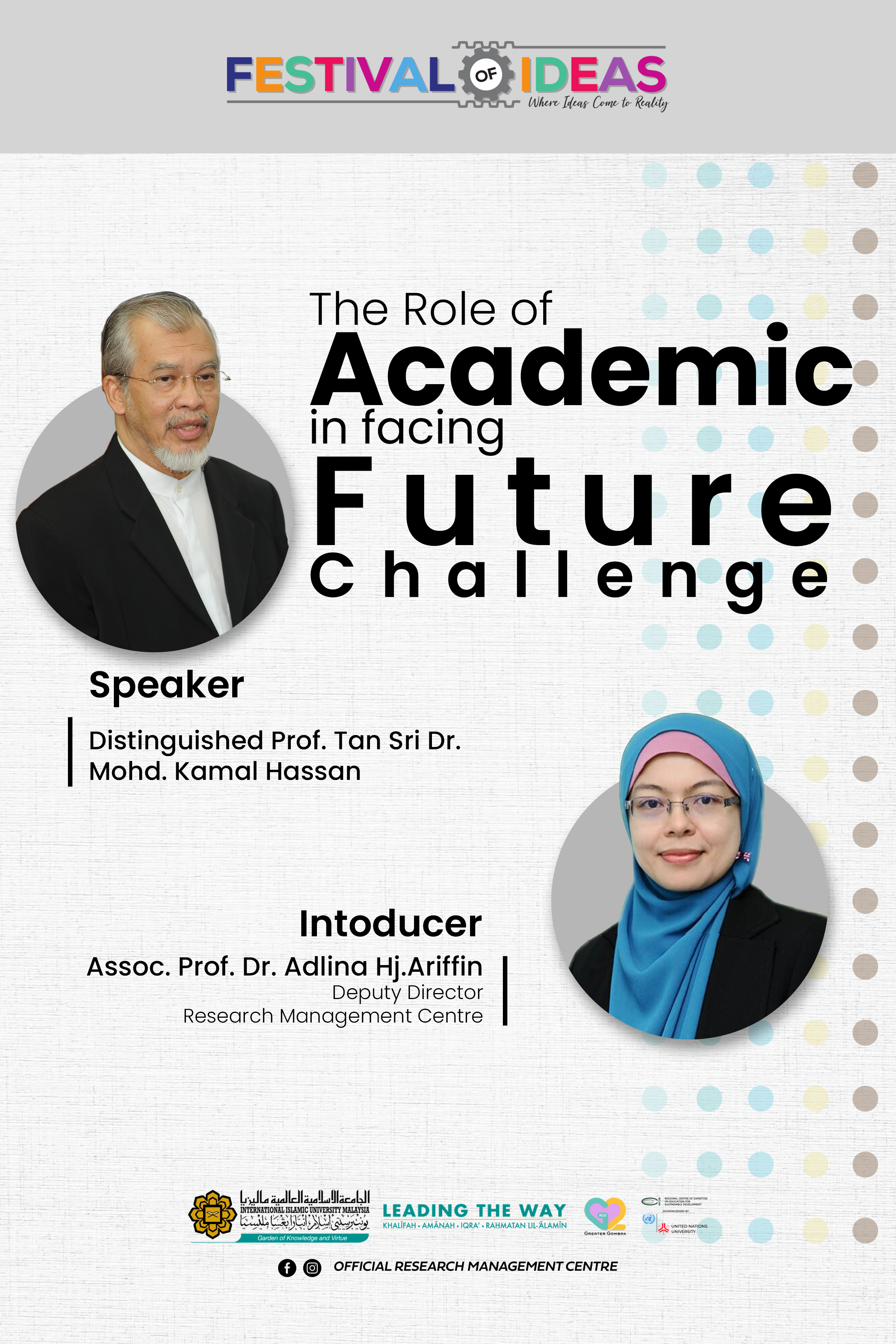
The Role of Academics in Facing Future Challenges
4750 dilihat -
3 tahun yang lepas
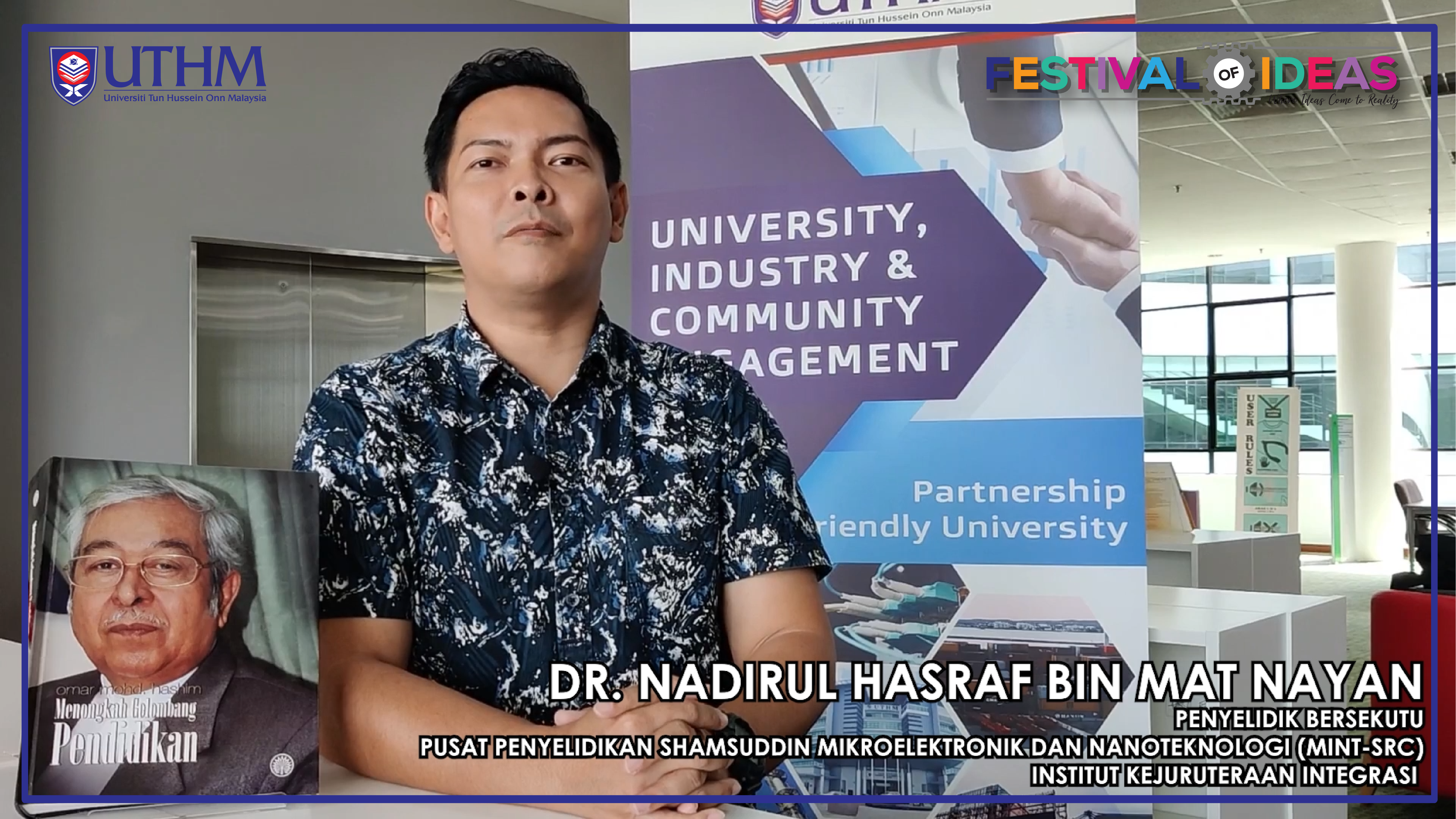
THE TALK ABOUT POTENTIAL IMMUNOBOOSTER FOOD SUPPLEMENT
10435 dilihat -
3 tahun yang lepas
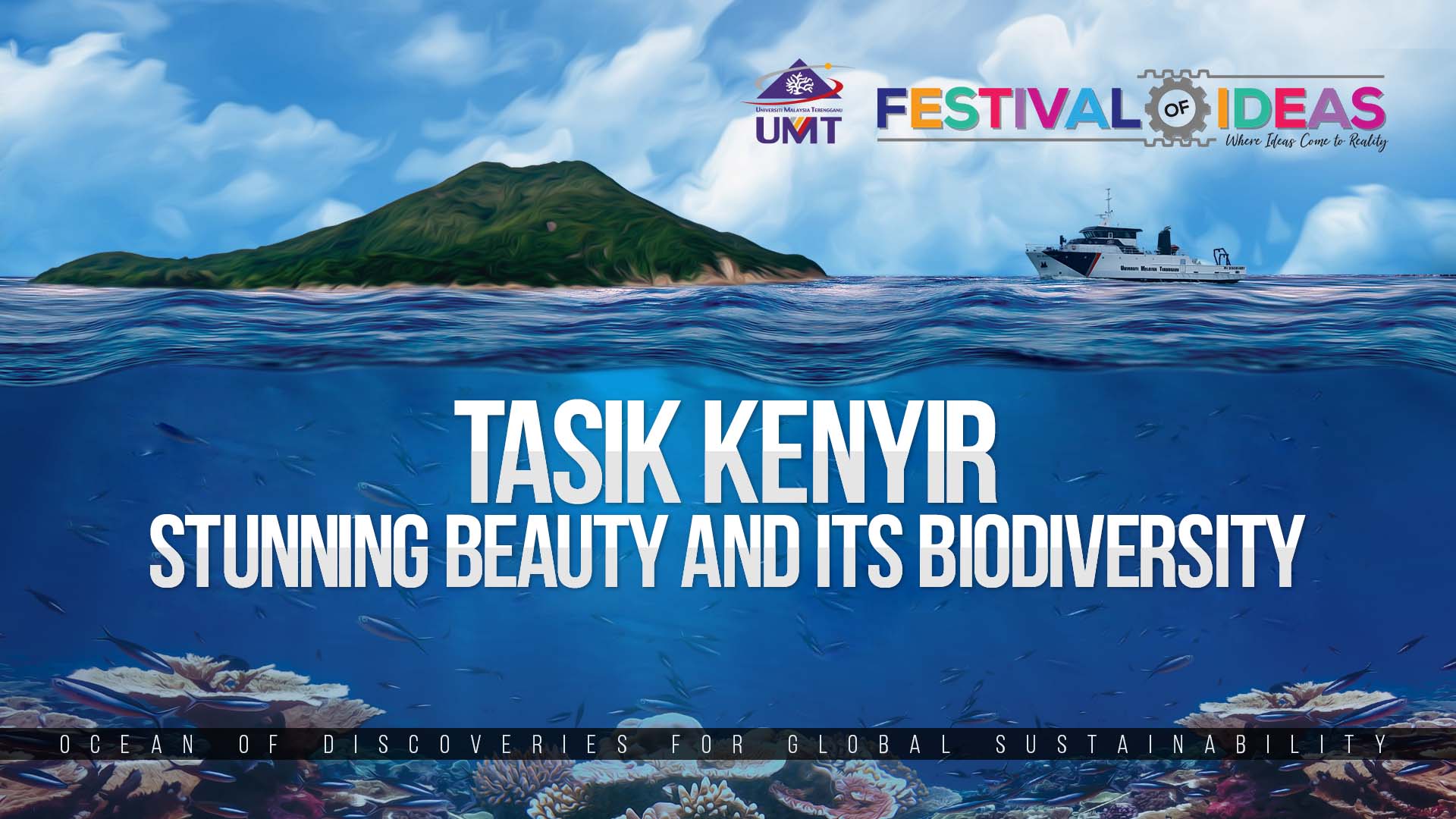
Tasik Kenyir Stunning Beauty and Its Biodiversity
5583 dilihat -
3 tahun yang lepas
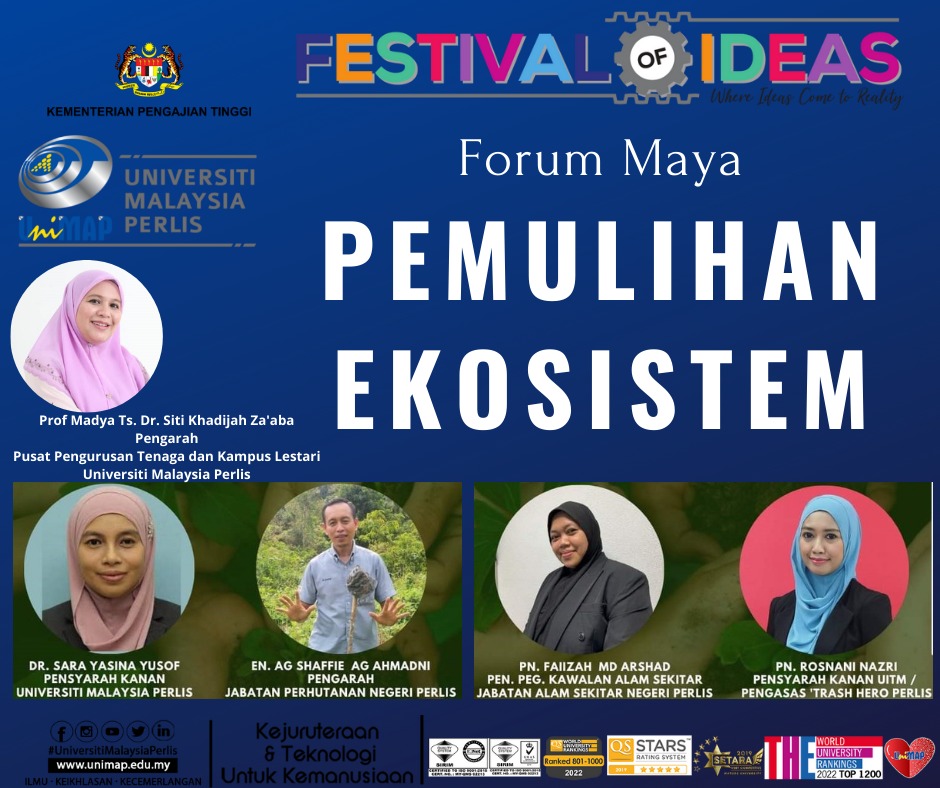
Tajuk Forum: Pemulihan Ekosistem
10567 dilihat -
3 tahun yang lepas

